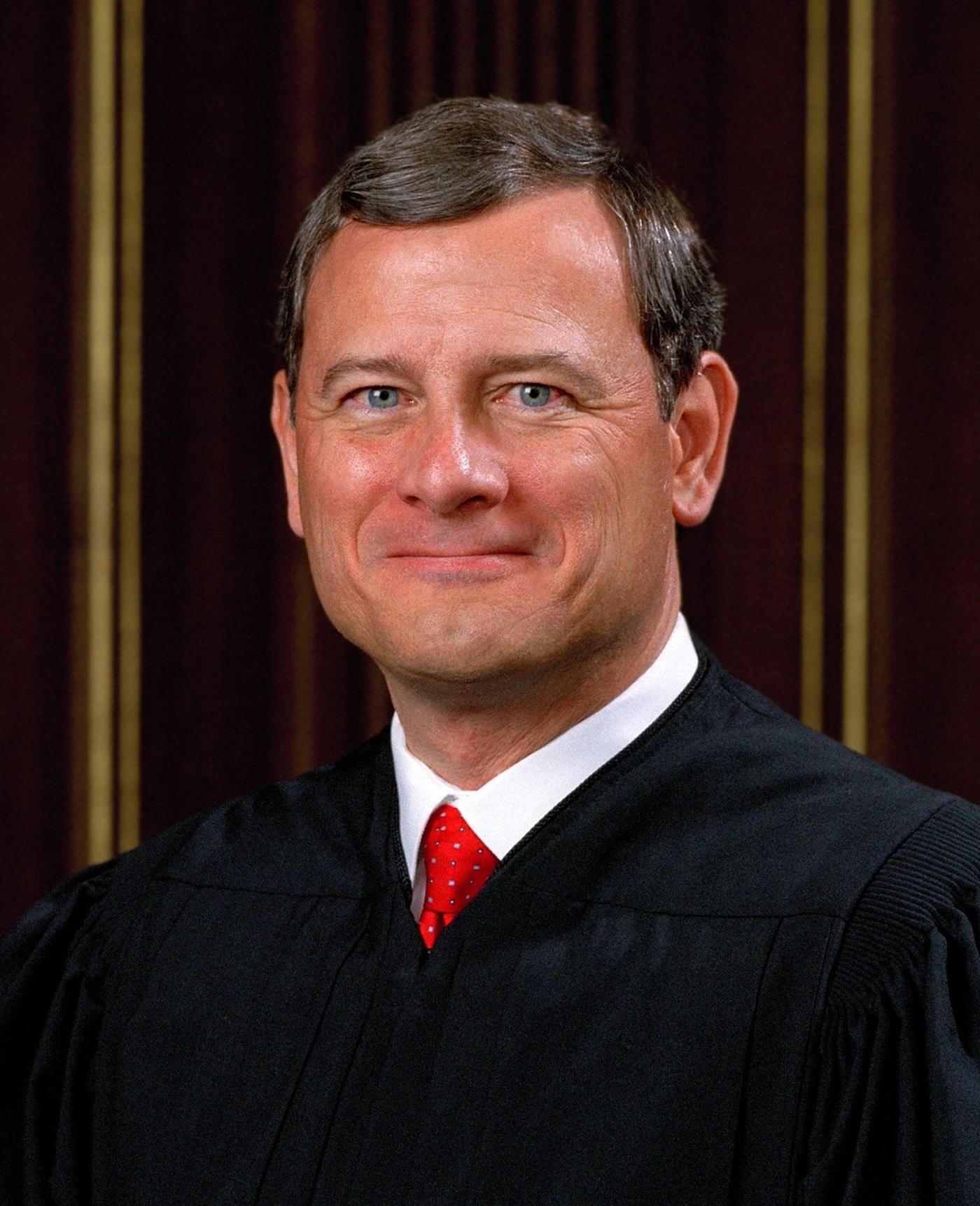
John Roberts
The Washington Post stated, "Chief Justice John G. Roberts Jr. said late Wednesday that partisan extremism is damaging the public’s perception of the role of the Supreme Court." The court has made decisions that cost innocent people their lives. Public perception of the Supreme Court is very negative. The reason the Google Maps debacle happened, where the Supreme Court was labeled "The Dumb F**ks" is because the public labeled them as such and the tech company failed to edit it (Google Calls Black President Obama's White House 'The Nig*a House' And The Supreme Court 'Dumb F**ks').
Online searches will also reveal very negative comments from the American and global public about the Supreme Court. The comments indicate the court is hated by many, consistently going against the will of the people to do the bidding of presidents and special interests.
In the not too distant future, due to egregiously corrupt decisions the Supreme Court has already made, the public will petition them far, far less. There will be a massive decline in cases. Then you guys will have time to play Scrabble, watch Wheel of Fortune on TV and a riveting show you guys should be on "American Greed."
STORY SOURCE
The political wars damage
public perception of Supreme Court, Chief Justice Roberts says
Criticism of the court “doesn’t bother me at all,” Roberts said, as long as it is not based on a misunderstanding of how the court differs from the political branches. “It’s usually discussed as, ‘Oh, you’re in favor of this or you’re in favor of that,’ ” Roberts said in response to questions from the law school’s dean, John F. O’Brien.
“In fact, our ruling is that whoever does get to decide this or that is allowed to do it, and that it’s not unconstitutional, that it’s consistent with the law,” Roberts said. “But we often have no policy views on the matter at all, and that’s an important distinction.”
The court is under heavy criticism from all sides in the presidential campaigns, with Republican Donald Trump suggesting he would appoint justices who would overturn the court’s 5-to-4 decision saying gay couples have a constitutional right to marry and Democrats Hillary Clinton and Bernie Sanders making a rejection of the court’s Citizen United campaign finance decision a litmus test for their potential nominees.
And before the justices adjourn in June, the court will decide a host of issues at the heart of the political debate: affirmative action in university admissions, abortion restrictions, the ability of religious objectors to opt out of the Affordable Care Act’s contraceptive coverage obligation, and President Obama’s plan to shield millions of illegal immigrants from deportation.
Roberts himself — once touted by Republicans as a prototypical Supreme Court nominee — has become a focus on the right. GOP presidential candidate Ted Cruz, the senator from Texas, said Roberts’s nomination was a mistake, and even former Florida governor Jeb Bush, whose brother chose Roberts as chief justice, has criticized him.
The unhappiness arises basically from two of Roberts’s decisions on the same subject — finding Obama’s health-care act constitutional and then last year saving it from a potentially devastating challenge based on the language of the law...
RELATED ARTICLES